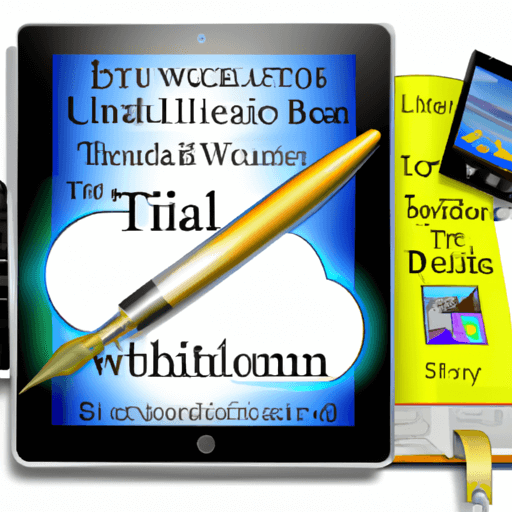The Impact of Digital Technology on Modern Literature
In an era where technology permeates every realm of our lives, it is unsurprising that its influence has substantially impacted the sphere of literature. The literary landscape is continuously evolving, transforming, and adapting to these new technological advances and the opportunities they bring. From the advent of eBook publications, the development of online writing and reading platforms, to the emergence of new literary genres, digital technology is reshaping the way we produce, distribute and consume literature. Let's dive in and explore the multiple facets of this influence.
EBooks and Digital Publishing
One of the significant developments in the publishing industry was the advent of digital books, commonly known as eBooks. The eBook has revolutionized the literature industry by democratizing the publication process. In past decades, aspiring writers would have to jump through numerous hoops to have their work published and distributed. However, with platforms like Amazon Kindle Direct Publishing, writers can now easily self-publish their work and make it globally accessible. This increased accessibility has led to a surge in diverse, previously unheard narratives, which has undoubtedly enriched the world of literature.
Online Writing and Reading Platforms
With the influence of digital technology on literature came the rise of online platforms where writers and readers could connect directly. These platforms have been groundbreaking. Websites like Wattpad, Medium, and FanFiction have provided spaces where writers can share their work with a global audience and receive immediate feedback. On the other side, readers have a wider variety of genres and styles at their fingertips, from amateur works to pieces by established authors. Furthermore, these platforms often come with features like forums, content rating, and in-depth analytics, thereby revolutionizing the landscape of literary productivity and consumption.
New Genres and Sub-genres
Digital technology has also allowed for the proliferation of new and innovative literary genres. An example of this is interactive fiction, where the storyline can change due to the reader's inputs or choices. Similarly, the genre of digital poetry, which combines textual content with digital media elements like sound, visuals, and interactive text, has flourished in recent years. Therefore, technology not only expands the boundaries of literature consumption but also encourages creativity and innovation in writing.
Challenges and Conclusion
Whilst the influence of digital technology on literature has generally proved beneficial, it also poses challenges. Issues around digital piracy, the devaluation of written work, and problems with digital fatigue and screen overload all present significant challenges. Furthermore, the phenomenon of information overload, given the massive amount of content made available online, can affect quality control and make discoverability of good content a challenge. Nonetheless, digital technology's role in shaping literature is undeniable -it has revolutionized the industry, creating new opportunities and challenges. As technology continues to evolve, the literature landscape will no doubt continue to transform, adapt and flourish in new and exciting ways. Therefore, embracing this change is necessary for the continual growth and evolution of literature.

















Comments
Leave a Comment